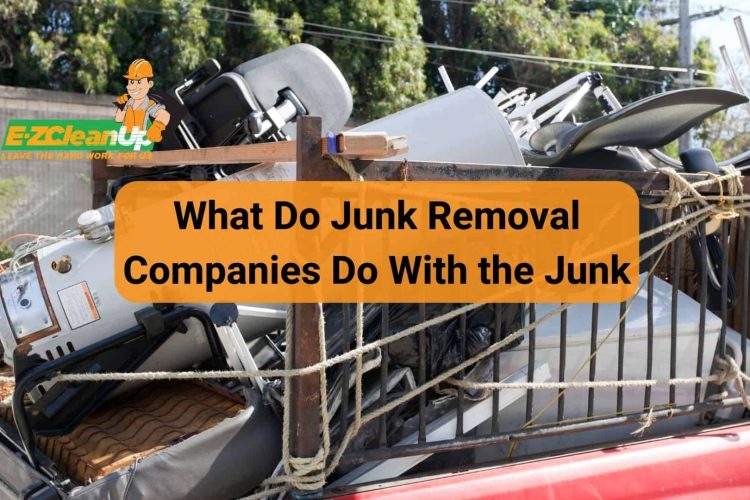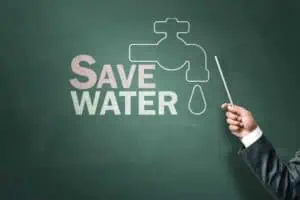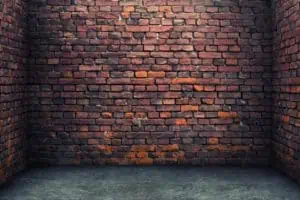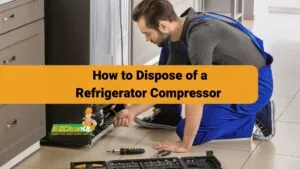The junk removal process kicks off with an initial assessment and consultation. After collection, the junk is sorted into categories, such as recyclables, non-recyclables, hazardous waste, etc. Items in good condition, like furniture or appliances, are often donated to charities or community organizations.
Learn more about “what do junk removal companies do with the junk” in this guide.
Types of Garbage Handled by Junk Removal Companies
Here are the types of junk handled by these companies and what they usually do with them:
Common Household Junk and Furniture
Junk removal companies frequently deal with various household items, primarily old furniture like sofas, chairs, tables, and dressers. These bulky items are often too large for regular trash collection services.
Removing these items not only clears space in homes but also involves careful handling and transportation to appropriate disposal or recycling facilities. If in good condition, some of these items are donated to charities or other organizations.

Electronic Waste and Appliances
Electronic waste, also known as e-waste, includes a range of discarded electronic items such as TVs, computers, stereo systems, and other electronic devices. Similarly, household appliances like refrigerators, dishwashers, and washers are also commonly handled by junk removal companies.
These items require special handling due to the hazardous materials they might contain. Eco-friendly junk removal services prioritize recycling and proper disposal of e-waste and appliances to prevent environmental contamination and promote sustainability.
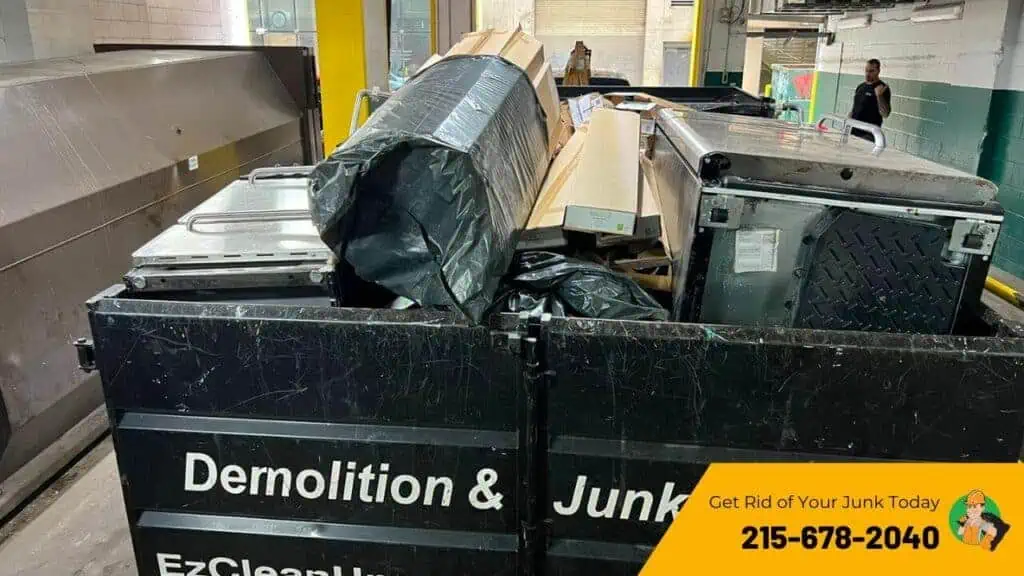
Construction and Renovation Debris
Construction and renovation projects generate a significant amount of debris, including materials like concrete, drywall, and wood. Junk removal companies are equipped to handle these bulky and heavy materials, which are often difficult to dispose of through regular waste collection services.
These materials are either recycled, if possible, or disposed of in an environmentally responsible manner. Handling construction debris requires the expertise and equipment that junk removal companies provide to ensure these materials are managed efficiently and safely.
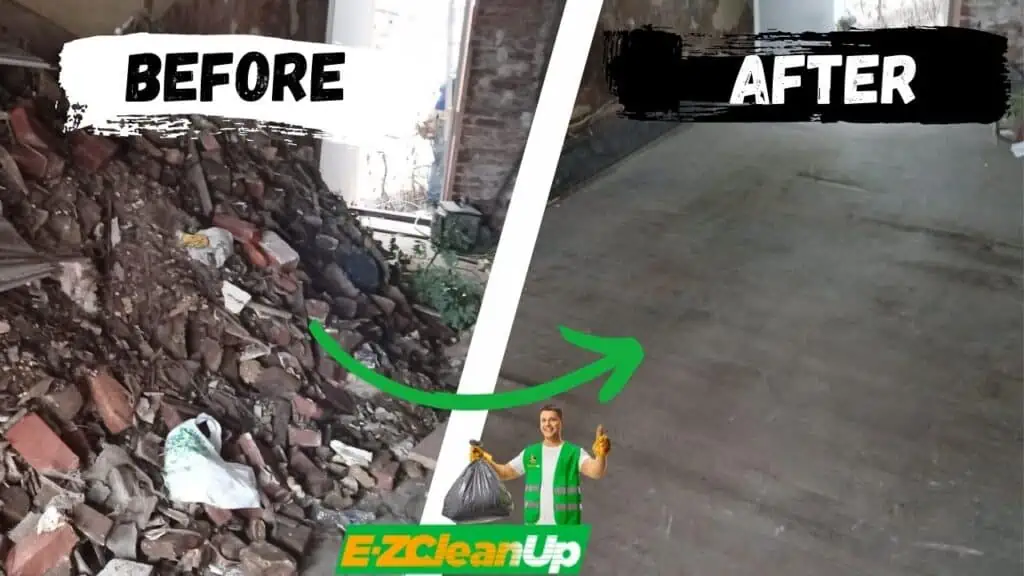
Eco-Friendly Disposal Methods
The following methods emphasize responsible waste management, crucial for environmental sustainability and resource conservation:
Recycling Practices for Different Types of Waste
Recycling converts waste materials into new products, reducing the need for fresh raw materials.
The process varies by material:
- Mechanical Recycling: Common for plastics, paper, and glass, this method involves transforming waste mechanically into new materials without changing their chemical structure. Plastics undergo grinding, washing, separating, drying, re-granulating, and compounding. However, repeated recycling can degrade the quality of some plastics.
- Chemical Recycling: A newer technology involving various processes like pyrolysis, gasification, and depolymerization, chemical recycling breaks down polymers into monomers or transforms them into synthetic oil or gas. This allows the material to be used again for new plastic production or as chemical industry feedstock.
- Glass and Paper Recycling: Glass is infinitely recyclable, but single-use packaging can be resource-intensive. Paper recycling is effective when the paper is free from contaminants like plastic.
Composting Organic Material
Composting organic waste, such as food scraps and yard debris, creates a nutrient-rich soil filling. This process reduces greenhouse gas emissions from landfills and improves soil health. Successful composting requires a balance of nitrogen-rich green and carbon-rich brown materials.
Safe Disposal of Hazardous Materials
Hazardous waste requires special disposal due to environmental and health risks. This includes batteries, paint, chemicals, and certain lightbulbs. Lead-acid batteries are commonly recycled, while alkaline batteries are less so.
Electronics pose a significant challenge due to their complexity and toxic elements; repair and reuse are often preferred. Proper disposal guidelines are crucial for hazardous waste to ensure safe environmental handling.
Partnerships and Collaborations in Waste Management
The following collaborations and partnerships in waste management are crucial for developing more efficient, sustainable, and community-inclusive waste management systems:
Working with Recycling Centers and Facilities
Partnerships with recycling centers and facilities are vital for enhancing waste management. These collaborations involve the pooling of resources and expertise to advance recycling efforts.
For example, The Recycling Partnership has established strategic partnerships with various stakeholders, including the United States Environmental Protection Agency (US EPA), states, and regional governments, to unlock the supply of quality recyclables.
These collaborations often lead to innovative, scalable solutions in recycling and resource recovery, significantly impacting the overall effectiveness of waste management systems.
Collaboration with Local Governments for Sustainable Disposal
Local governments play a crucial role in waste management, and their collaboration with waste management organizations is essential. These partnerships focus on creating and implementing sustainable waste disposal practices.
For instance, in Minnesota, The Recycling Partnership worked with the Minnesota Pollution Control Agency to create a statewide recycling campaign, which made the recycling practices across the state standard. This collaboration also involved educational initiatives to improve recycling awareness and participation.
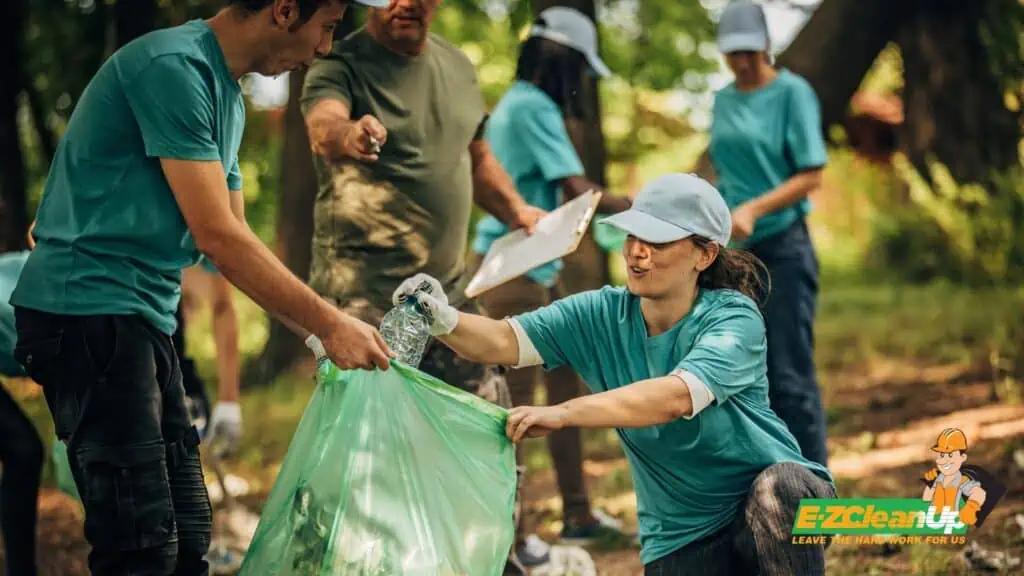
Engaging with Community and Environmental Groups
Community and environmental groups are key players in waste management, often driving local initiatives and public awareness campaigns. Engaging these groups in waste management strategies can lead to more effective and sustainable practices.
For example, community engagement is emphasized to increase recycling rates and reduce waste generation. Best practices include organizing community clean-up events, recycling drives, and educational programs. Successful case studies have shown that community engagement can significantly improve waste management and foster a culture of environmental responsibility.
In addition to these specific examples, regional councils and Metropolitan Planning Agencies (MPOs) are also working on solutions to reduce waste and improve recycling efficiency. Programs like the Upper Arkansas Recycling Program and the Iowa Waste Exchange highlight the cost savings and efficiency gains from these collaborations.
These programs often involve public education initiatives and the creation of materials exchange databases to connect businesses with recyclable materials, reducing overall waste.
Advanced Sorting and Recycling Technologies
Innovations in sorting and recycling technologies are transforming the waste management industry. One significant advancement is chemical recycling, which breaks down plastic waste into its basic components, allowing the recycling of previously unrecyclable plastics.
This technology can produce high-quality raw materials for new products, although it faces challenges like high energy consumption and potential pollution risks.
Robotic waste sorting, utilizing artificial intelligence and machine learning, is another innovation that improves waste separation efficiency. Companies like ZenRobotics have developed systems capable of processing large quantities of waste with high precision.
Additionally, there’s a growing trend in developing biodegradable and compostable materials, including eco-friendly packaging solutions like edible food containers and fungi-based packaging materials.
Efficient Transportation and Logistics for Waste Management
Efficient transportation and logistics are vital for effective waste management. Improvements in waste collection methods, routing efficiencies, and transportation technologies are crucial for reducing waste management operations’ carbon footprint and enhancing the process’s overall efficiency.
Implementing Sustainable Business Practices in Junk Removal
Sustainable business practices in junk removal include various strategies, such as adopting a circular economy model. An example is Amsterdam’s commitment to becoming a fully circular city by 2050, which involves promoting recycling, waste reduction, and circular design principles.
Another approach is zero waste strategies, which aim to design waste out of products and systems. Communities like Kamikatsu in Japan have achieved high recycling rates through such strategies. Governments also play a role in promoting recycling innovations through policies like Extended Producer Responsibility (EPR), which incentivizes the development of sustainable business models and recycling technologies.
Compliance with Local and National Waste Disposal Regulations
Compliance with waste disposal regulations involves adhering to guidelines set at both local and national levels. These regulations are designed to manage the disposal of various types of waste safely and sustainably, ensuring environmental protection. Companies involved in waste management must be aware of and comply with these regulations to avoid legal issues and contribute to environmental conservation.
Standards for Safe and Eco-Friendly Disposal
These standards ensure that waste is disposed of to minimize harm to the environment and human health. They cover various aspects of waste management, including recycling, composting, and hazardous waste disposal.
Eco-friendly disposal methods include recycling metal, glass, paper, and some plastics, composting organic waste, and using specialized facilities for hazardous waste. Implementing these methods can significantly reduce landfill waste and support environmental sustainability.
Certifications and Accreditations in Waste Management Industry
These certifications may cover areas such as environmental management systems, sustainable waste management practices, and safety standards. Obtaining relevant certifications can enhance a company’s reputation, demonstrate compliance with industry standards, and contribute to effective and responsible waste management practices.
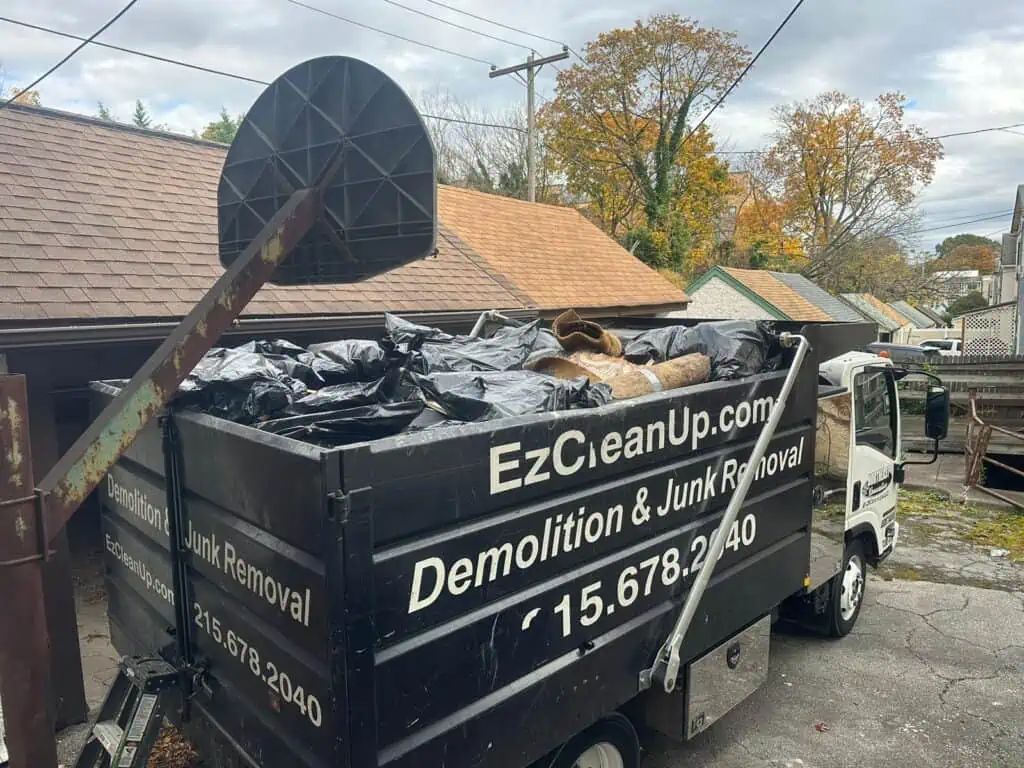
EZ CleanUp: Your Eco-Conscious Junk Removal Partner
As the importance of responsible waste management grows, choosing the right junk removal company is crucial. EZ CleanUp, based in Philadelphia, stands out for its commitment to eco-friendly practices. We specialize in efficient and responsible junk disposal, and we ensure that usable items are recycled or donated to minimize environmental impact.
Our fast, expert services, coupled with transparent, reasonable pricing, make decluttering hassle-free. We also offer credits for resalable or recyclable items, reflecting our dedication to sustainability. With flexible scheduling, same-day service, and comprehensive services beyond junk removal, EZ CleanUp is your ideal partner for a cleaner, greener environment.
Contact us for a free on-site estimate and experience our professional, environmentally conscious service.

